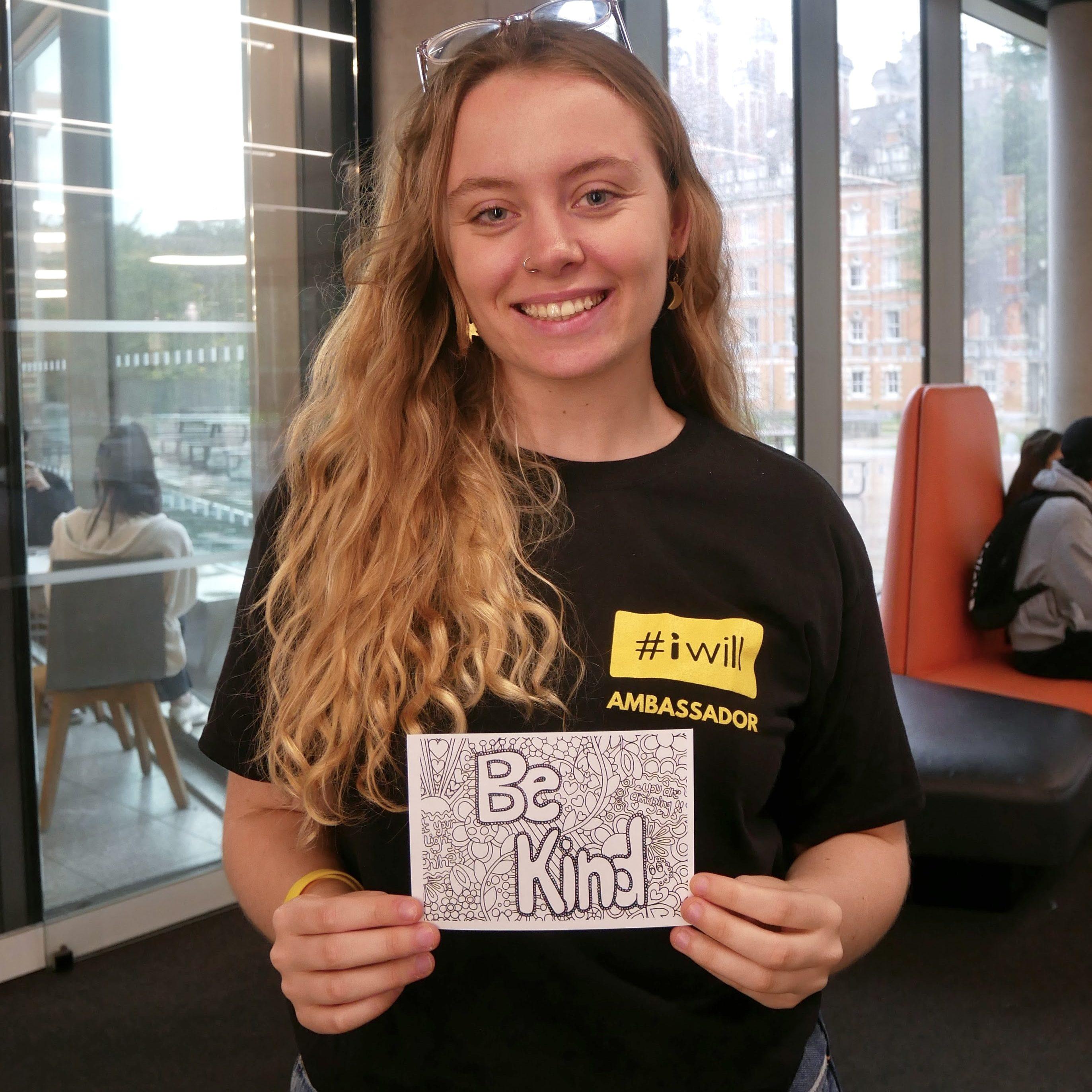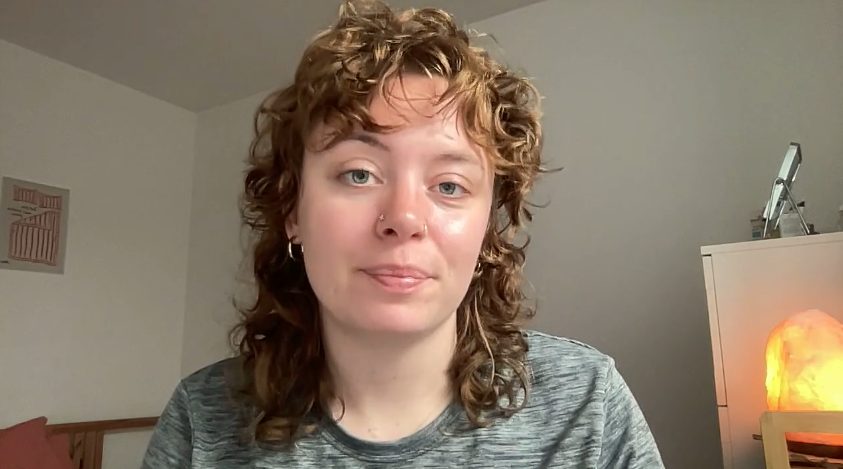Being an estranged, first generation student at university
Molly shares her experience of being a first generation estranged student at university.
- Transcript
Hi I'm Molly and in September 2021, I arrived at the doorstep of my university halls with some cheap Tesco bedding and bin bags of clothes. No car. No parents helping me move in. Just me - wide-eyed, nervous, and completely unsure of what I was walking into. I was an estranged, first-generation student. That meant no contact with my family and being the first in my family to ever go to university. Two things that sound kind of powerful on paper — but in reality, can feel really isolating.
When people talk about uni, they often talk about freshers’ week, making friends, and late-night takeaways. And while that’s part of the experience, mine was different. I didn’t have anyone to text and say, “I made it safely.” No emergency contact I could genuinely rely on. And when other people talked about going home for the weekend or how their mum sent them food parcels, I just smiled and nodded. Because my “home” wasn’t something I could go back to.
Being estranged meant learning to be fiercely independent — faster than most. Budgeting, cooking, emotional support, admin — all on me. Being first-gen also added another layer. I couldn’t just ring someone to ask what a seminar was or how to reference a source.
I remember walking into my first lecture and hearing words like “module convenor” and “pastoral tutor” and thinking ‘What are they even talking about?’. It felt like there was a secret rulebook that everyone else got, and I didn’t.But here’s the thing: I also learned how resilient I could be. I found small communities that made a huge difference. Staff who noticed when I was struggling. Friends who offered me a seat at their family dinner table during holidays. Student services that didn’t just throw leaflets at me but sat down and asked, “How can we actually help you?” I slowly built a version of support that looked different from other people’s — but it was mine.
Being estranged and first-gen can come with so much quiet shame. You feel like you’re the only one pretending to have a safety net. But the truth is: you are not alone.And your story - your background - isn’t a burden. It’s a kind of quiet strength that not everyone understands, but it’s real, and it matters.
I used to hide my story because I thought it made me “less.” Now, I know it makes me more - more resourceful, more empathetic, more determined.
If you’re watching this and any part of it resonates - please know: you belong here.
Your journey might look different from others’, but it’s no less real, and no less valid.Over time, the pain of estrangement has become easier to carry — but there are still days when I find myself grieving.
What helped me most was finding community. I began connecting with people who understood my lived experience — through support groups at university and interest-based spaces like Model UN. These communities gave me a space to be heard, to advocate, and to feel seen.
I also found healing in sharing my story — both online and in person — as a form of activism. At first, it was daunting, but the more I opened up, the more I realised how many others had experienced something similar. It reminded me that I wasn’t alone — and that helped me make sense of what I was, and still am, going through. (Of course, only share if and when it feels right and safe for you.)
So if you’re still here, still listening — thank you. If any of this resonated with you, please remember: you belong here. You’re not alone. And I’m genuinely proud of you for showing up, especially on the hard days. It’s not easy — but you’re doing it. And that matters.




